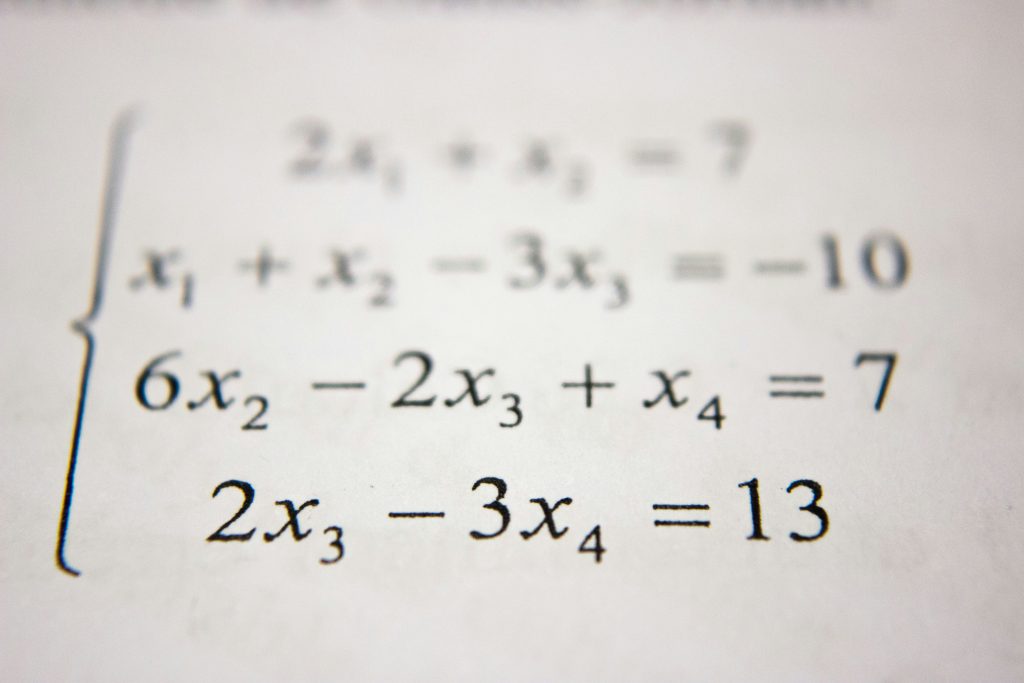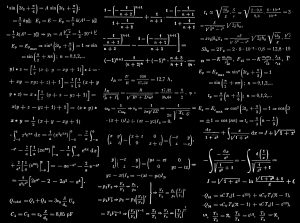How to Prepare Kids for Global Math Olympiads & Competitions

Introduction
Are you a parent worried about your child’s performance in math? Do you dream of your child participating in prestigious math Olympiad competitions and showcasing their talent on a global platform? If so, you’re not alone. Many parents want to provide their children with the opportunity to excel in mathematics and participate in renowned competitions like the International Math Olympiad (IMO). But how can you help your child develop the problem-solving skills necessary for success in these competitions?
In this article, we will explore effective strategies and techniques to prepare your child for math Olympiad competitions. We will delve into the importance of problem-solving skills, discuss competition strategies, and provide useful exercises to enhance logical reasoning abilities. So let’s get started on this exciting journey of nurturing your child’s mathematical talents!
The Importance of Problem-Solving Skills
Problem-solving skills are essential for success in math Olympiad competitions. These skills go beyond memorizing formulas and concepts; they involve critical thinking, analytical reasoning, and creative approaches to solving complex problems. When children develop strong problem-solving abilities, they become adept at tackling challenging mathematical puzzles and are better equipped to excel in math competitions.
To nurture problem-solving skills, encourage your child to think outside the box and explore alternative approaches while solving math problems. This helps them develop flexibility in their thinking and enhances their ability to find innovative solutions. Additionally, problem-solving skills improve logical reasoning, analytical thinking, and decision-making abilities, which are invaluable in various aspects of life.
Math Olympiad Preparation Strategies
Preparing for math Olympiad competitions requires a structured approach that combines foundational knowledge, advanced problem-solving techniques, and consistent practice. Here’s a step-by-step plan to guide your child’s preparation:
Understand the Format and Syllabus: Familiarize yourself with the competition format and syllabus. The International Math Olympiad, for example, focuses on algebra, geometry, number theory, and combinatorics. Determine the number of problems, duration, and scoring system to prepare your child accordingly.
Build Strong Foundations: Ensure your child has a solid understanding of basic mathematical concepts in areas such as number theory, algebra, geometry, and combinatorics. Emphasize the understanding of fundamental theorems and principles that serve as the basis for solving complex problems.
Develop Advanced Problem-Solving Skills: Introduce techniques like mathematical induction, recursion, combinatorial reasoning, and proof-writing. Encourage your child to adopt systematic approaches to problems by breaking them down into smaller components when necessary.
Consistent Practice: Daily practice of problems ranging from simple to complex improves accuracy and speed.
Participate in Mock Exams: Simulate exam conditions with timed mock tests to enhance time management skills. Analyze your child’s performance after each test to identify strengths and weaknesses.
Join Math Circles or Camps: Collaborative environments like math circles or camps provide access to mentors and peers who can share diverse problem-solving strategies. Training camps often focus on advanced topics and techniques essential for Olympiad success.
Use Quality Resources: Invest in books such as “The Art and Craft of Problem Solving” by Paul Zeitz or “Problem-Solving Strategies” by Arthur Engel. Explore online tutorials and video lessons for additional guidance on complex concepts.
Maintain a Balanced Approach: Encourage breaks between study sessions to prevent burnout. A relaxed mind improves focus and efficiency during problem-solving. Celebrate small achievements throughout the preparation journey to foster a positive attitude in your child.
Enhancing Logical Reasoning Abilities
Logical reasoning is a crucial skill in math Olympiad competitions. Here are some exercises to help your child enhance their logical reasoning abilities:
Puzzle Games: Engage your child in puzzle games that require logical thinking, such as Sudoku, chess, or logic puzzles. These games improve pattern recognition, deductive reasoning, and analytical skills.
Mental Math Practice: Encourage mental math practice to enhance your child’s computational abilities and quick thinking. Start with simple calculations and gradually increase the complexity.
Analyzing Patterns: Teach your child to identify patterns and sequences in numbers, shapes, or objects. This skill is essential for solving problems involving series, progressions, and geometric patterns.
Critical Thinking Activities: Engage your child in activities that promote critical thinking, such as riddles, brain teasers, or thought-provoking questions. These exercises enhance problem-solving abilities and encourage creative thinking.
Real-World Applications: Connect mathematical concepts to real-world scenarios to develop your child’s ability to apply logical reasoning in practical situations. For example, involve them in budgeting, measurement conversions, or estimating probabilities.
This table provides a clear roadmap for preparing kids for global math Olympiads while highlighting the impact of each step in their journey.
|
Preparation Step |
Description |
Impact |
|---|---|---|
|
Understand Format & Syllabus |
Familiarize with competition structure and key topics |
Reduces surprises during the exam |
|
Build Strong Foundations |
Master basic concepts in algebra, geometry, number theory, etc. |
Provides a solid base for tackling advanced problems |
|
Develop Problem-Solving Skills |
Learn advanced techniques like induction and proof-writing |
Enhances ability to solve complex Olympiad-level problems |
|
Consistent Practice |
Solve problems daily using diverse resources |
Improves speed, accuracy, and versatility |
|
Mock Exams |
Simulate real exam conditions |
Builds time management skills |
|
Join Math Circles/Camps |
Collaborate with mentors and peers |
Offers exposure to diverse strategies |
|
Use Quality Resources |
Utilize books like The Art of Problem Solving |
Provides targeted preparation materials |
|
Balanced Approach |
Take breaks to avoid burnout |
Maintains motivation and mental health |
Conclusion
In conclusion, preparing kids for global math Olympiads requires a structured approach that focuses on developing problem-solving skills and enhancing logical reasoning abilities. By following the strategies discussed in this article and providing your child with ample opportunities for practice and growth, you can nurture their mathematical talents and prepare them for success in prestigious competitions.
Remember, math Olympiad preparation is not just about achieving high scores; it is about fostering a love for mathematics, nurturing critical thinking skills, and instilling the joy of learning. With dedication, consistent practice, and the right guidance, your child can excel in math Olympiad competitions and unlock their full potential.
Preparing your child for math Olympiad competitions involves developing problem-solving skills and enhancing logical reasoning abilities. These skills are vital for success in the International Math Olympiad and other renowned competitions. By understanding the competition format, building strong foundations, practicing consistently, and participating in collaborative environments, your child can develop the necessary skills to excel. Additionally, engaging in puzzle games, mental math practice, and critical thinking activities enhances logical reasoning abilities. Remember to maintain a balanced approach and celebrate small achievements along the way.
If you’re looking for a structured program to develop problem-solving skills and enhance mathematical abilities in your child, consider SIP Abacus India. Their world-class skill development programs focus on unlocking children’s mental potential through fun learning methodologies. SIP Abacus incorporates abacus tool and visualization techniques to teach mental math skills from ages 6-12. Studies have shown that children who complete the SIP Abacus program perform significantly better in math and reading at school, often 3-4 years ahead of their peers within 2 years of joining. Give your child the competitive edge they deserve with SIP Abacus.
Prepare your child for math Olympiad competitions today and witness their mathematical talents soar to new heights!



